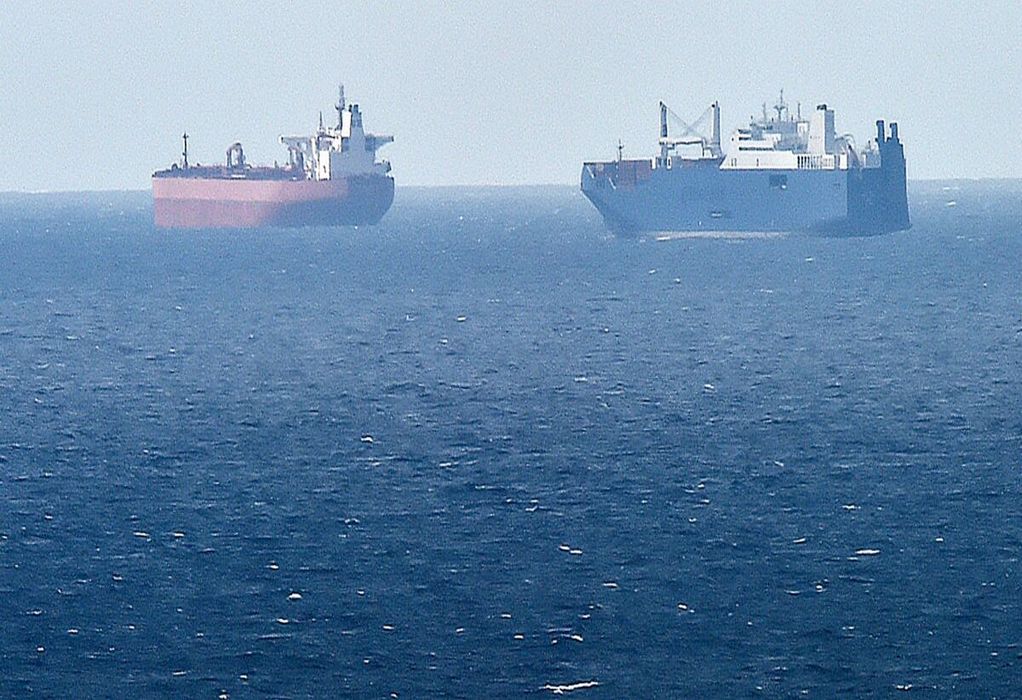Greenhouse gas emissions from the maritime sector are rising, conflicting with the climate goals of the Paris Agreement. This sector has struggled to transition to zero or near-zero emission fuels due to regulatory and financial barriers. To address these challenges, the concept of green shipping corridors (GSCs) has emerged, aiming to overcome financial obstacles and accelerate innovation in decarbonization technology.
This study investigates the feasibility of establishing GSCs for China’s coastal shipping. Researchers assess whether the ships could be powered by renewable hydrogen, methanol, ammonia, or batteries without the need to refuel en route. Three routes were identified as potential first mover candidates for GSCs. Finally, to understand the cost of enabling these routes, researchers analyzed demand and cost of renewable marine fuels for the first zero-emission vessels to be deployed on these routes.
Key findings:
The technological feasibility of applying renewable marine fuels on China’s coastal shipping routes is high. The three first mover GSC routes analyzed could be served by ships running on renewable hydrogen, ammonia, and methanol without a need to refuel en route. Battery electric technology could be used for certain ships on shorter regional routes but currently has the lowest feasibility.
To enable the first ZEVs on these routes, 6,000 tonnes of ammonia or methanol, or 900 tonnes of renewable hydrogen need to be sourced. This would likely result in the need to supply 44-60 GWh of renewable electricity by 2030.
Policy guidelines are crucial for deploying more ZEVs in these corridors and achieving a meaningful reduction in greenhouse gases. The estimated cost of renewable hydrogen at the pump is $7.60/kg by 2030, significantly higher than conventional marine fuels. Reducing costs by 32% by 2050 will require substantial policy support to make GSCs viable on a larger scale.
Tags: China, Green Shipping, GSCs



Recent Posts
Goltens Partners with Orcan Energy to Expand Marine Waste Heat Recovery Solutions
NWSA Launches First Incentive Program for Zero Emission Trucks in Washington
IHI and Vopak Partner on Ammonia Terminal Development in Japan
Chimbusco Pan Nation Completes First B30 Marine Gasoil Delivery in Hong Kong
ITOCHU Announces Newbuilding Order for Ammonia Bunkering Vessel
India Launches Incentive Scheme for Electric Trucks under PM E-DRIVE Initiative
Royal Caribbean Welcomes LNG-Fueled Star of the Seas to Its Fleet
Swire Shipping Launches ‘Voyage to Zero’ to Help Customers Cut Scope 3 Emissions Swire